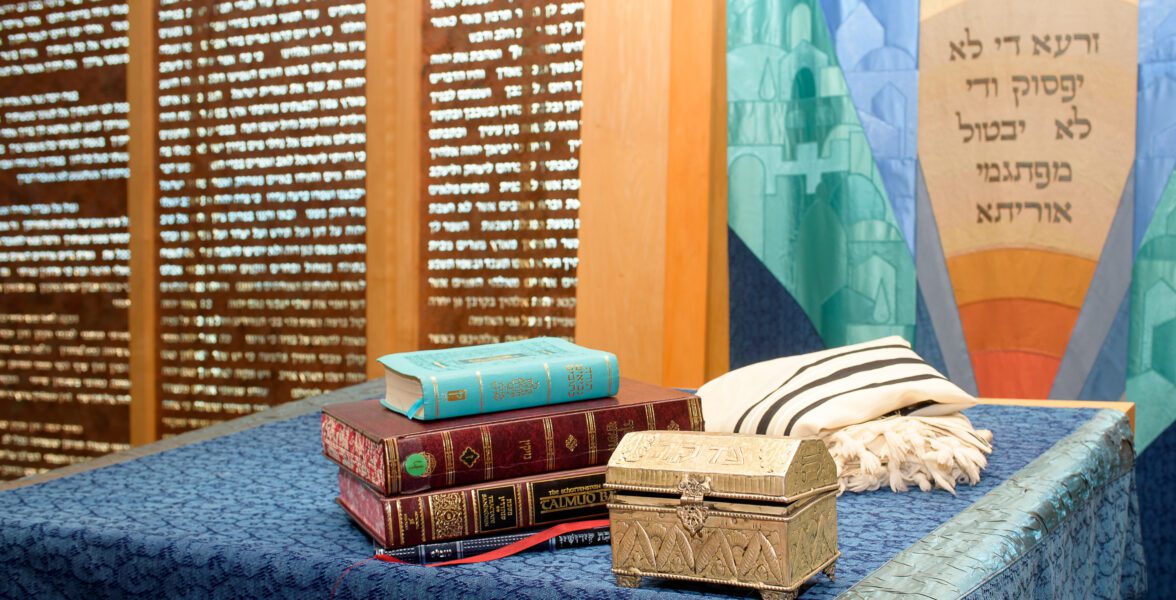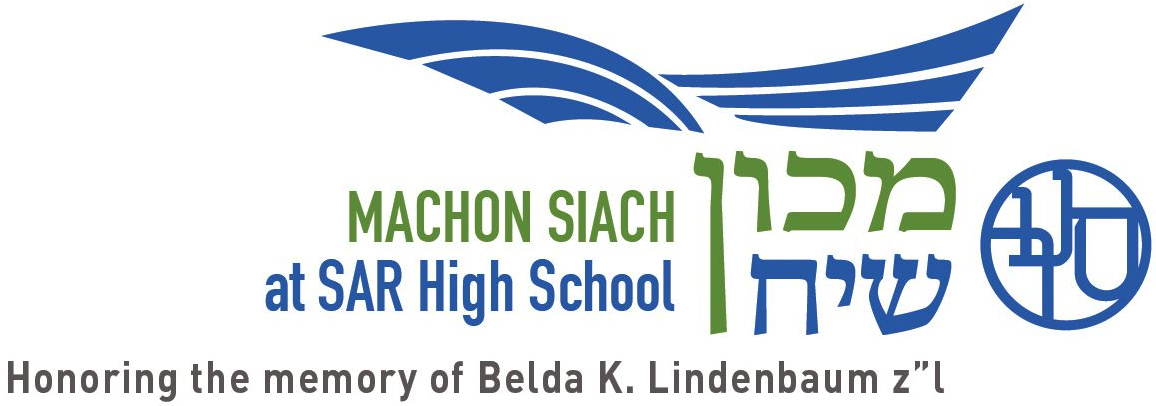
The Ties That Bind: Connecting to Our Children
As Jewish educators, we care profoundly about reaching our students in ways far beyond the transmission of information or the cultivation of skills. We want our students to view the world a certain way: to relate to their Judaism as a source of meaning, a path towards ethical growth and an opportunity to connect to Hashem. And perhaps the greatest challenge that faces us is how to do that. How do we transmit information and cultivate students’ skills while building that identity and affiliation? How do we hold kids to standards and have real expectations for them while making them feel our deep care?
For a very long time, we have felt that we are figuring out this difficult balance as we go. We have instincts or general approaches that are products of our own upbringings, educations or personality styles. It was a revelation, then, to learn a few years ago that there is a large body of research as to how adults can help children make positive choices in their lives and what we can do to improve the odds of children committing to these choices. After years of studying and learning about this approach, called the Social Development Strategy (SDS), SAR High School held a training on June 6, with Dalene Beaulieu of the University of Washington Center for Communities That Care, an expert in SDS. SAR educators, along with those from six other schools, participated in the training, eager to learn how to reorient our schools towards proven approaches to getting the behavioral, emotional, moral and religious outcomes that we hope for.
The core of SDS sounds simple, perhaps even trivial: kids make positive choices not because we convince them logically or intellectually, and certainly not because we threaten them with punishment if they do not. Instead, kids make positive choices because they feel bonded to the adults around them. The research shows that bonding occurs when children are provided with opportunities, are given the skills to successfully take advantage of those opportunities and are recognized for making the right choices. Recognition of those actions establishes the bond between child and adult. When adults provide children with clear guidelines for behavior and children choose to perform the actions that earn them recognition and bonding, kids are more likely to continue to adhere to those practices. A positive cycle of social development ensues.
In my daily school experience, davening serves as the perfect, constantly recurring example. Each day begins with tefillah. In many ways, it sets the tone for what is to follow. Tefillah time is a chance for bonding. Unfortunately, it is also a chance to create distance between teachers and students. According to SDS, we should provide opportunities for students to be positively recognized: for the way that they daven, reset the tables, put away Siddurim, collect tzedaka or for the small steps that a student might take in saying the words of tefillah. And yet, I suspect that my interactions with students during tefillah are all too often focused on asking a student to stop talking or open a Siddur. SDS challenges us to shift our mindset; to intentionally and deliberately create opportunities for students to succeed in tefillah and for us to provide positive recognition when they do.
While we may think these three steps—opportunity, skills, recognition—are intuitive, even obvious, it is seldom the case that our school systems and classrooms are organized around facilitating bonding. Often, the complex realities of school systems and classroom management lead to addressing our challenging students; those students who succeed or grow receive less feedback. Their small accomplishments or moments of growth go unrecognized and unacknowledged.
Therefore, these interested educators from five participating high schools and two middle schools sat together at the beginning of this month to conduct an audit of our school days and school systems from the standpoint of the Social Development Strategy: were we, as institutions, cultivating bonding with our students through giving them skills, opportunities to use those skills and recognition for using the skills? The day provided an opportunity for a group of educators to learn from an expert in the field who offered concrete suggestions to implement SDS, from what we do in our classrooms, to what we do in the halls, to how we communicate with students and parents; and an occasion for educators to work together across schools, something we do too little of.
As we look towards the next school year, and the ones that follow, we are focused on not just the curricula we teach or the programming we offer. We are thinking, as well, about the sorts of outcomes that we want for our children in the long-run: we want them to be physically and emotionally well, productive and happy, connected to family and community, finding meaning in Judaism, contributing to others’ flourishing. That there are evidence-based ways to improve our odds came as something of a revelation, one that we have shared with educators in other Modern Orthodox schools. Our hope is that, over time, we will implement the Social Development Strategy across our institutions and see its results as our children grow, becoming the future of our community.



